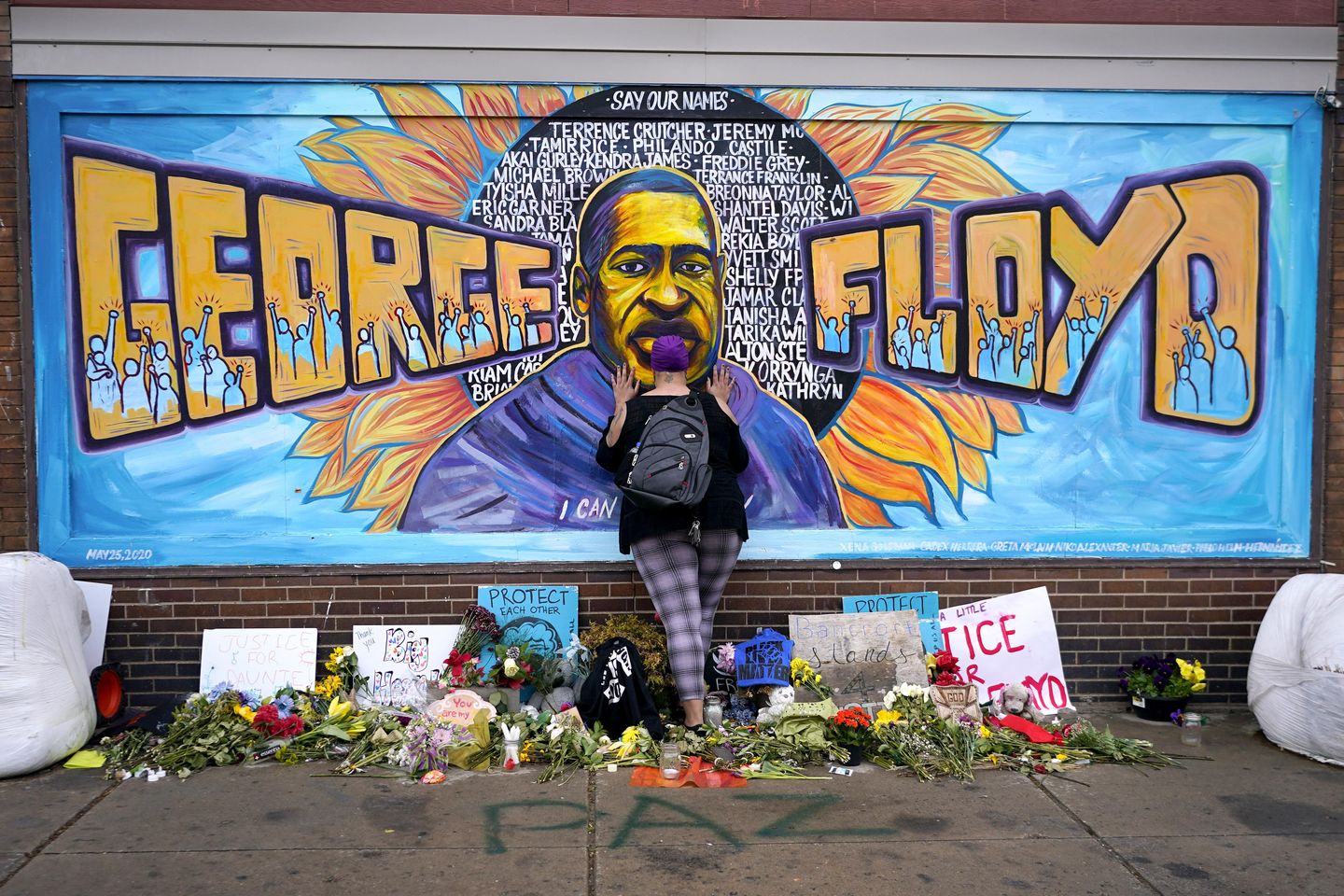The George Floyd Memorial Scholarship, established in honor of George Floyd who was killed by a police officer in 2020, has been at the center of controversy after facing allegations of racism. The scholarship was created to support African American students pursuing higher education and to remember the life and legacy of George Floyd. However, critics argue that the scholarship is discriminatory and excludes students of other races, which goes against principles of equality and inclusion.
The lawsuit against the George Floyd Memorial Scholarship raises important questions about the intersection of race, discrimination, and social justice in the context of educational opportunities. While the scholarship was created with good intentions to address systemic racism and support African American students who face barriers to accessing higher education, some argue that it perpetuates racial divisions and discrimination. The controversy surrounding the scholarship highlights the complexities of addressing racial inequality and promoting diversity in education.
Supporters of the George Floyd Memorial Scholarship argue that it is a necessary and important initiative to address the historical and ongoing injustices faced by African Americans in education. They believe that the scholarship is a way to provide opportunities and support for students who have been marginalized and disadvantaged due to their race. Additionally, they argue that the scholarship is a form of reparations for the systemic racism and discrimination that African Americans have experienced in the United States.
On the other hand, critics of the George Floyd Memorial Scholarship argue that it is discriminatory and exclusionary, as it limits eligibility based on race. They argue that scholarships should be awarded based on merit and financial need, rather than race, in order to promote fairness and equality. Some critics also raise concerns about the message that the scholarship sends about race relations and equality, suggesting that it may perpetuate divisions and resentment among different racial groups.
Overall, the controversy surrounding the George Floyd Memorial Scholarship raises important questions about how to address racial inequality and discrimination in education. While the scholarship was created with the intention of promoting social justice and supporting African American students, it has sparked a broader debate about the role of race in educational opportunities. As the lawsuit against the scholarship moves forward, it will be important to consider the implications of such initiatives on promoting diversity, inclusion, and equality in education. Ultimately, the outcome of the lawsuit may have far-reaching implications for how scholarships and other forms of support are awarded in the future.









